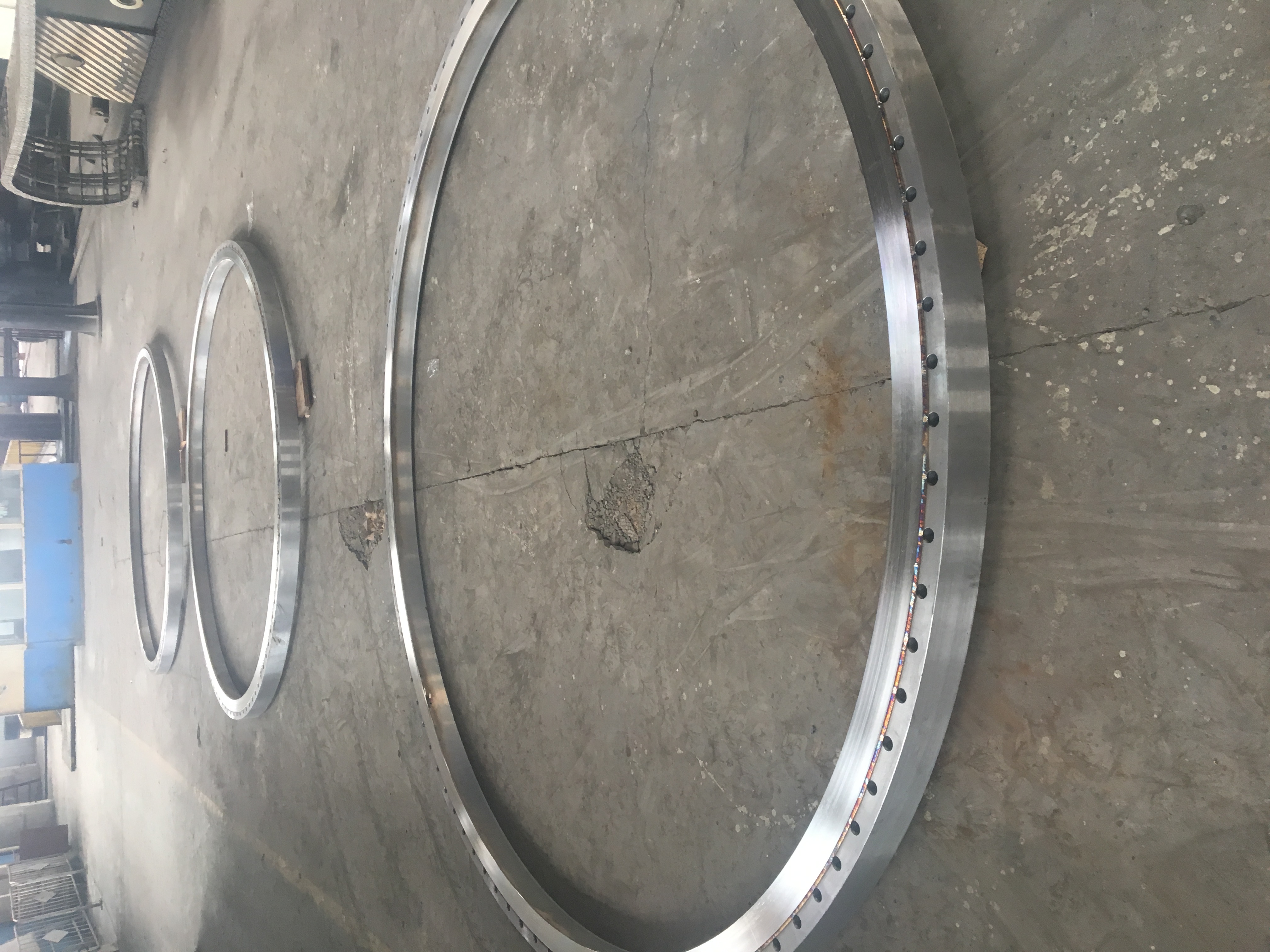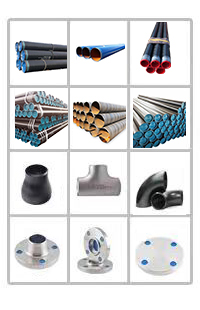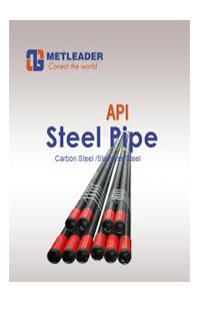The tightness of the pressure vessel flange will be affected by the bolt preload, gasket sealing performance, flange sealing surface characteristics, flange stiffness and operating conditions during use. The following metleader will take you to understand in detail:
1. Bolt pretension
Appropriate preload can ensure that the gasket can retain a certain sealing pressure during operation. If the preload is too large, the gasket will be crushed or squeezed out, which will damage the seal. The distribution of the preload force on the gasket also affects the sealing performance, and the method to ensure the uniform distribution of the preload force is to increase the number of bolts when the space required for tightening and removing bolts is satisfied.
2. Gasket sealing performance
Gasket is an important component of the seal. Appropriate gasket material should reflect that the gasket can produce the necessary elastic deformation under the appropriate pretension force, and will not be crushed or squeezed out. When working, the distance between the sealing surfaces of the flange is increased, and the gasket material should have sufficient resilience, so that the gasket surface and the flange surface are in close contact to continue to maintain good sealing performance.

3. Features of flange sealing surface
Flange sealing surface type and surface performance play a vital role in the effect of sealing effect. The occasions with stricter working condition requirements should adopt concave-convex surface and tenon groove surface. The flatness of the flange sealing surface, the sealing surface and the centerline and perpendicularity of the flange directly affect the uniformity of the gasket and the good contact between the gasket and the flange. The surface roughness of the flange sealing surface should be compatible with the requirements of the gasket. Radial knife marks or scratches are not allowed on the surface, and surface cracks are not allowed.
4. Flange rigidity
Insufficient rigidity will cause excessive warpage and deformation of the flange, resulting in seal failure. There are many factors that affect the rigidity of the flange. Among them, increasing the thickness of the flange and increasing the outer diameter of the flange can increase the rigidity of the flange, reduce the deformation, and transmit the bolt force to the gasket evenly, and obtain a uniform and sufficient sealing specific pressure. At the same time can improve the sealing. The force arm that reduces the force of the bolt can reduce the bending moment that the flange bears, which is conducive to sealing.
5. Operating conditions
Pressure vessel flange operating temperature, pressure and the chemical and physical properties of the medium also affect the reliability of the flange connection. The higher the temperature, the lower the viscosity of the medium and the tendency to leak; the high temperature increases the chemical and physical activity of the medium, causing corrosion and dissolution of the gasket and flange; high temperature can also cause the stud bolt, flange and gasket to occur Creep and stress relaxation.
Next:Knowledge of heat treatment process of forgings









